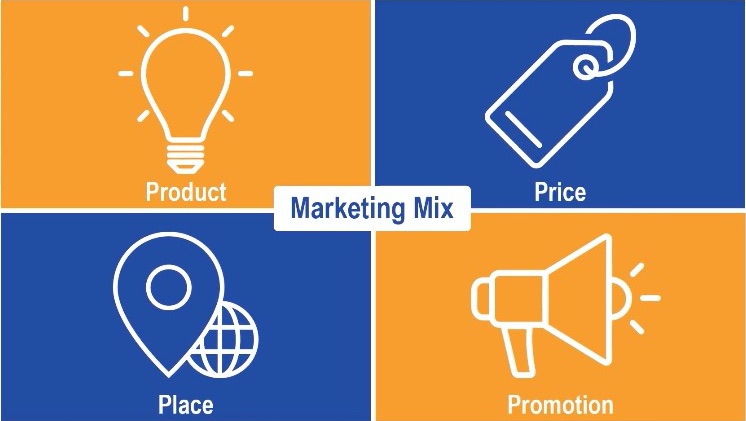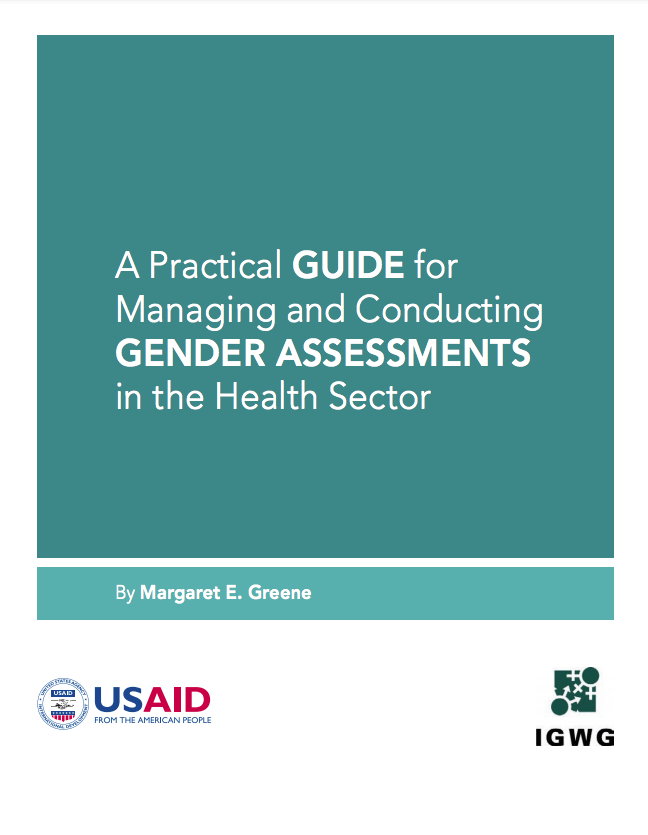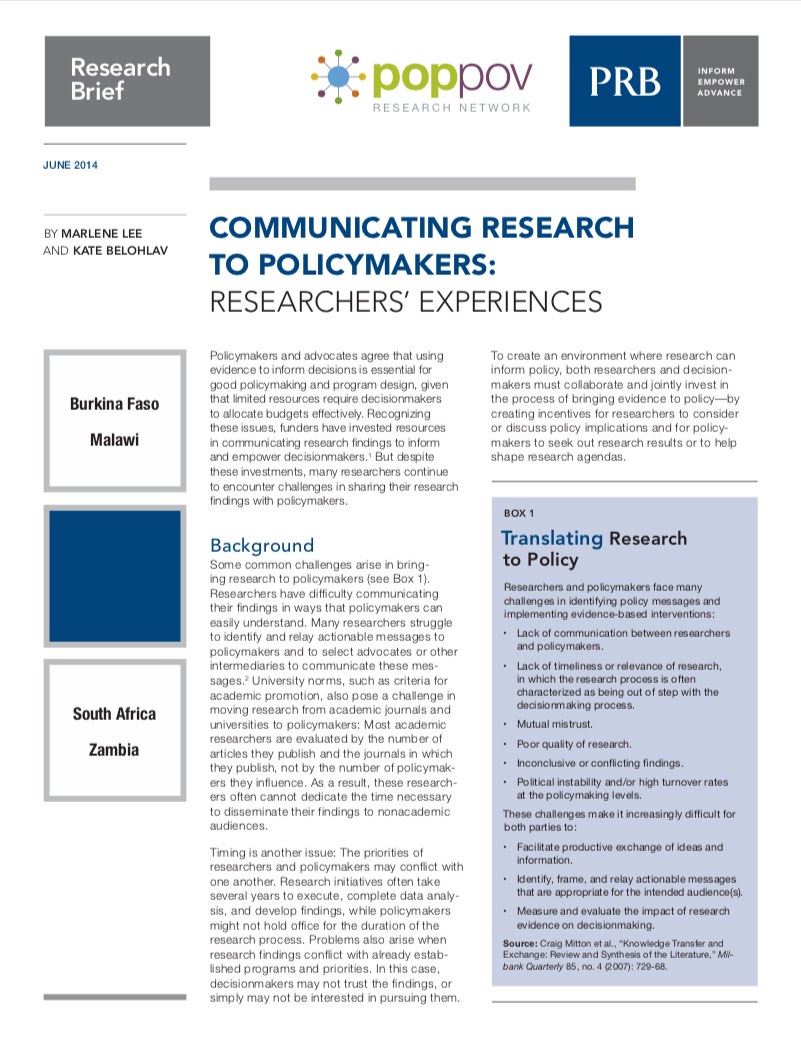Seven Lessons in Sustainability and Scalability for Digital Health Solutions
Updates to the mHealth Compendium’s family planning case studies highlight how programs have evolved, revealing insights on sustainability and scalability.

Updates to the mHealth Compendium’s family planning case studies highlight how programs have evolved, revealing insights on sustainability and scalability.

Project: Evidence to End Female Genital Mutilation/Cutting
The video highlights how the four P’s—product, price, place, and promotion—can be used to design a high-quality FGM/C campaign.

(2013) A Practical Guide for Managing and Conducting Gender Assessments in the Health Sector is a user-friendly Gender Assessment tool for the United States Agency for International Development (USAID) Mission staff as well as other United States Government (USG) partners.

Project: PACE: Policy, Advocacy, and Communication Enhanced for Population and Reproductive Health
(2018) Youth constitute a large share of the world’s population. According to the United Nations, 33 percent of the global population is between the ages of 10 to 29.1 Yet, many youth in the world’s most rural areas—whose needs differ from urban youth—are not receiving critical health services, education, or training.

The first nation in the world to take a regular population census, the United States has been counting its population every 10 years since 1790—as required by the U.S. Constitution (Article I, Section 2).

Project: Demography and Economics of Aging and Alzheimer’s Disease
Neighborhood characteristics affect people of all ages, but older adults—classified here as adults over age 50—may be affected more than other groups.
2011)"We are trying to integrate things that should never have been separated to begin with. The health and well-being of the community depends on the health and well- being of the ecosystem and vice versa." Million Belay, MELCA Ethiopia

(2013) A Practical Guide for Managing and Conducting Gender Assessments in the Health Sector is a user-friendly Gender Assessment tool for the United States Agency for International Development (USAID) Mission staff as well as other United States Government (USG) partners.

Project: Population and Poverty (PopPov) Research Network
(2014) Policymakers and advocates agree that using evidence to inform decisions is essential for good policymaking and program design, given that limited resources require decisionmakers to allocate budgets effectively.